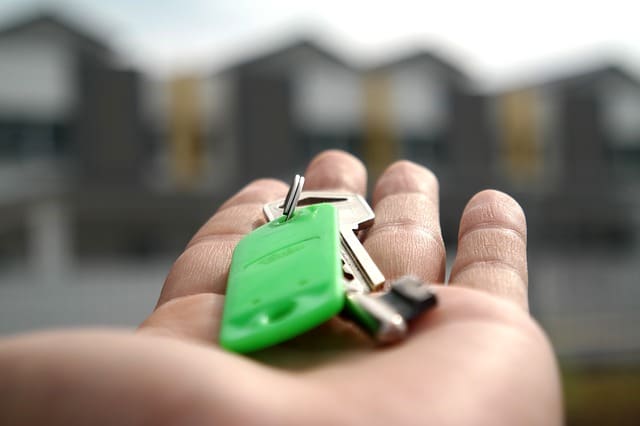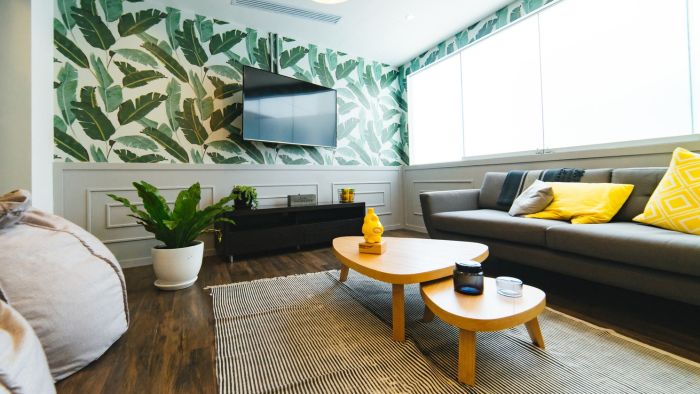Some Australians living or working overseas still longs to go back to their homeland and build their dream home. You may not need it for now, but eventually, in the future, you will long to have your own home back in Australia.
However, purchasing a home in cash is not easy. It has become a common practice to avail a home loan to be able to afford purchasing a home. But how do you do it when you are overseas?
You can apply and be granted with a home loan, even while living or working overseas in Australia. These are called Expat Foreign Owner Loans. In this case, talking with an Australian Expat Mortgage Broker is essential because you are physically not available to attend to the required documentations and processes required in purchasing a home in Aussie while living abroad. Here are the advantages you’ll avail through the help of a mortgage broker.
Review of Existing Home Loans
It is possible that you have an existing home loan prior to leaving Australia to go overseas. Your broker will review your loans and present circumstance to be able to ensure that your current loan is still indeed suitable to your needs. Such assessments will include:
- Equity review as well as finishing renovations on the property prior to renting out to maximize the rental returns.
- Consolidate any existing debt in Australia, including credit card debt and other personal loans. These accounts need to be paid and closed too.
- Review any existing loan to check that the product and features are still suitable for your current situation.
Home Loan Features for the Aussie Expat
Fixed and Variable Repayments – Fixed loans locks in the repayment of a home loan, constantly for 1-5 years. This has less flexibility but it will make your payments constant.
A variable loan, however allows you flexibility. You can make extra payments, but the interest rates can either go high or low, depending on the market and depending on your bank or lender.
Principal and Interest Payments vs Interest Only Repayments – Repaying a home loan can be Interest Only during the first 5 years of the loan for a 30-year loan repayment structure and then Principal + Interest in the next 25 years. However, you can go for the Principal + Interest scheme to enjoy lower interest rates and to be able to enjoy a constant amount of loan repayment all throughout the life of the mortgage.
Reviewing other loan features – Your mortgage broker can help you get the best loan features for your current financial circumstance. This includes offset accounts, splitting the loans and a redraw. These features are important during the repayment of an approved home loan to be able to manage FX fluctuations in the future. Ongoing fees are also required to maintain such features. Be sure to include this into your home loan comparison.
The Property Purchasing Process
Based on your current circumstance, you can be qualified to purchase a property in Australia. This can be your first property or an additional investment you can add in your portfolio in Australia.
The process will also require a bank valuation, on behalf of you, the client, to see and access the equity available that could be used towards the investment or purchase or a new property. Expats can use a mix of equity and cash to put towards the purchase of a new investment property.
Purchasing a property, even while living overseas can still make money out of their new property in Australia by renting it out, or through an investment home loan. In the future, when the expat decides to go back to Australia, they can return with a home ready to welcome them back. Upon relocating back to Australia, the loan can be reallocated into an owner-occupied home loan and will require fewer interest fees.
Lending Ratios for Australian Expat Home Loans
Contrary to popular belief, expat home loans are not required to adhere to an 80% LVR on property purchases.. Such chews up the valuable capital and reduces the deductible benefits of negative gearing that are available for some expat home owners. You can still go for a higher LVR when purchasing a home while working or living overseas. Here’s a guide on these amounts.
- 95%LVR + LMI – Australian citizens living abroad and earning/paid in AUD
- 95% + LMI – Australian citizen and foreign spouse living and working overseas
- 95% + LMI – Australian permanent residents living and working overseas
- 90% + LMI – Foreign National/s living and working abroad
- 80% – Expats living and working abroad
Why A Mortgage Broker Matters
Applying for a home loan while overseas will be inconvenient if you are out of the country. It is also hard to keep up with the current home lending criteria and credit policies if you are busy working overseas.
- Some lenders will also require details and requirements that you may not be able to provide without a mortgage broker. Here are some of them:
- Some lenders will only transact with expats that are working and residing in a country that has an Australian Consulate.
- Lenders will only work with Australian citizens located overseas that are earning a particular currency
- Some banks and lenders will not lend to non-residents
- Some lenders will apply Australian taxation to your expat income for servicing purposes and discounts for possible currency fluctuations in the future.
This is where Intellichoice Finance mortgage brokers come into the picture. We understand the complexity and the process that makes an Expat Foreign Owner loan a successful application. Talk to our expert mortgage specialist today and let us help you avail the best interest rate and get your first home loan approved.






